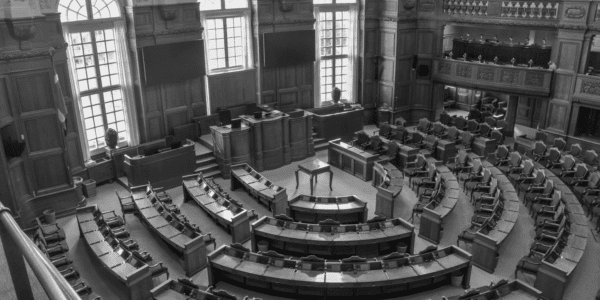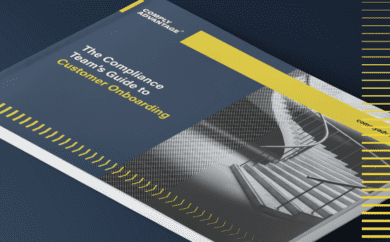 Featured
Featured
EU’s Freeze and Seize Task Force Coordinates International Action Against Russian Oligarchs
Sanctions Knowledge & TrainingThe European Commission has set up a ‘Freeze and Seize’ Task Force to implement sanctions and seize the assets of listed Russian and Belarussian oligarchs, in partnership with the G7.
EU Commissioner for Financial Services, Financial Stability, and Capital Markets Union, Mairead McGuinness, said: “We need to ensure that those who provide services – financial, legal and others – to oligarchs to facilitate sanctions evasion are fully aware of the risks they run. We will investigate any and all efforts to breach our sanctions legislation and there will be consequences for violations.”
International Collaboration
The EU task force and its coordination with the G7 and Australia’s newly established ‘Russian Elites, Proxies, and Oligarchs (REPO)’ Task Force, formalizes the close collaboration on Russian sanctions between Western powers.
The EU notes that its goal is to “guarantee the efficacy” of sanctions from the US and Europe – ensuring they have the maximum possible impact and show politically and economically influential people in and around Russia that the West is serious about sanctions enforcement.
The Freeze and Seize Task Force includes representatives from each member state, Eurojust and Europol, along with other EU agencies and bodies. It is set to meet weekly and will play an important role in information sharing within the EU and internationally.
These new measures also complement the ‘KleptoCapture’ Task Force established by the US – which aims to enforce the sweeping sanctions, export restrictions, and economic countermeasures that the US has imposed against Russia.
Unprecedented Global Response
Economic retaliation against Russia has seen an unprecedented, crippling, enforcement program rolled out globally. The EU and others have been keen to demonstrate their unity and action on enforcement through the media, potentially acting as a deterrent to countries considering similar actions, and encouraging oligarchs to proactively comply with new measures.
Even countries previously more reluctant to adopt Russian sanctions, like Switzerland, are now seizing holiday homes and other assets, such as superyachts and private planes related to Russian oligarchs.
Meanwhile, Ireland’s EU Commissioner Mairead McGuinness told The Irish Times that fears that Russia may try to avoid sanctions through the use of cryptoassets, strengthening the case for applying anti-money laundering (AML) standards to the cryptocurrency industry.
The move was proposed by the European Commission last year but is still to be agreed by the European Parliament.
“Recent events highlight the urgency of regulating cryptoassets,” McGuinness said. “I am urging the European Parliament to move with speed to agree its position on the regulation on cryptoassets. The sooner we have a regulatory framework in place, the better.”
Uncover more about the European Union’s new AML/CFT framework.
Originally published 24 March 2022, updated 24 March 2022
Disclaimer: This is for general information only. The information presented does not constitute legal advice. ComplyAdvantage accepts no responsibility for any information contained herein and disclaims and excludes any liability in respect of the contents or for action taken based on this information.
Copyright © 2024 IVXS UK Limited (trading as ComplyAdvantage).



 EN
EN